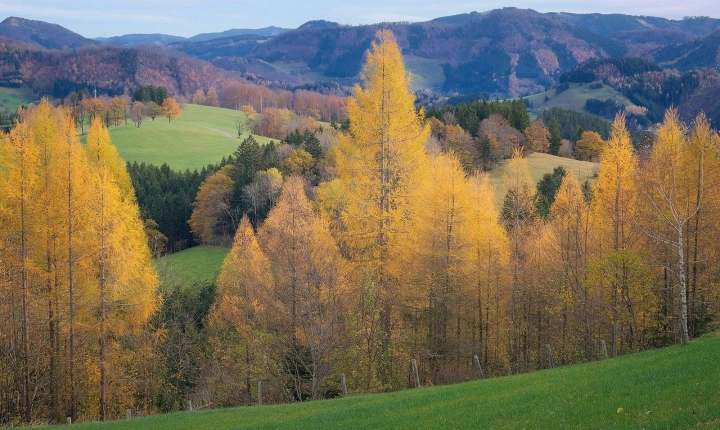Artificial Intelligence has become an integral part of our daily lives, and one of the most visible applications of AI is in photo recognition. As AI technology continues to advance, it is becoming increasingly important for users to be able to identify whether a photo has been generated or altered by AI. Here are some key ways to identify AI photos and understand the implications of their usage.
1. Image Artifacts: AI-generated images often have specific artifacts that can be a giveaway. These artifacts can include unnatural patterns, blurring, or repeating textures that may not occur in natural photographs. Look for these signs when examining a photo to determine if it may have been created using AI.
2. Uncanny Valley Effect: The Uncanny Valley refers to the feeling of unease or discomfort that arises when a human-like figure is almost, but not quite, realistic. AI-generated faces or figures may evoke this feeling, as they are often close to resembling real people but have subtle differences that make them appear slightly off.
3. Reverse Image Search: One effective way to identify AI-generated photos is by using reverse image search tools, such as Google Images or TinEye. By uploading the image to these platforms, users can see if the photo has been used elsewhere on the internet and potentially determine its authenticity.
4. Critical Thinking: Engaging in critical thinking when examining a photo can also be helpful in identifying AI-generated images. Question the context of the photo, the source from which it originated, and whether it aligns with logical expectations. If something about the photo seems too perfect or out of place, it may be a sign that AI technology was involved in its creation.
5. Metadata Analysis: Another method to identify AI photos is to analyze the metadata associated with the image file. This can provide insight into the software used to create or edit the photo, as well as any other relevant information about its origin.
Understanding the implications of AI-generated photos is crucial in today’s digitally connected world. These photos have the potential to deceive, manipulate, and spread misinformation if not properly identified and scrutinized. By staying informed and equipped with the knowledge to identify AI photos, individuals can navigate the digital landscape with greater discernment and contribute to a more trustworthy online environment.
